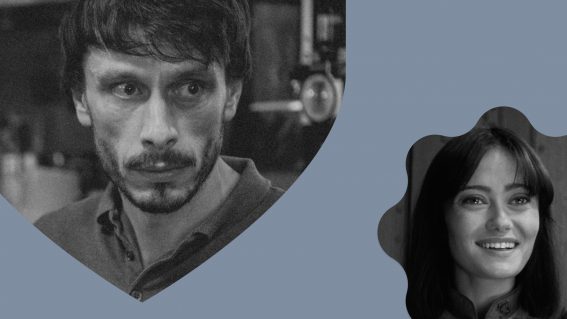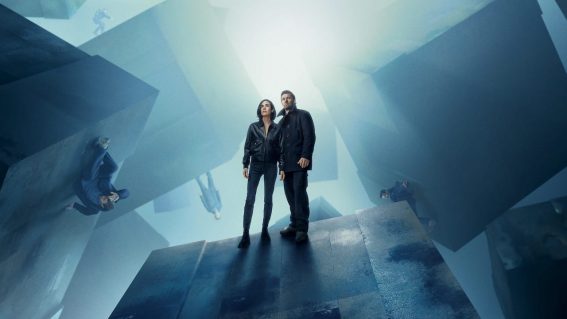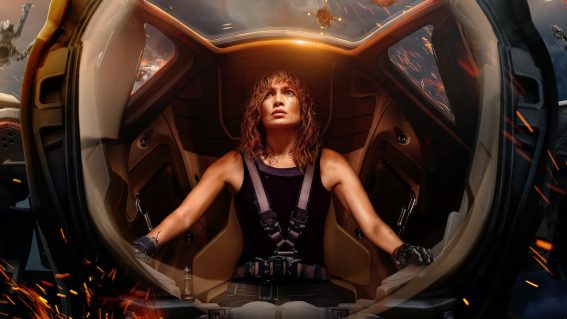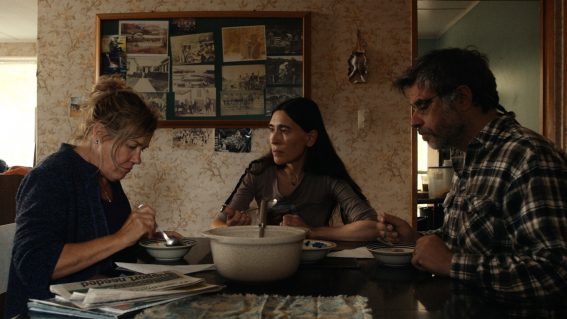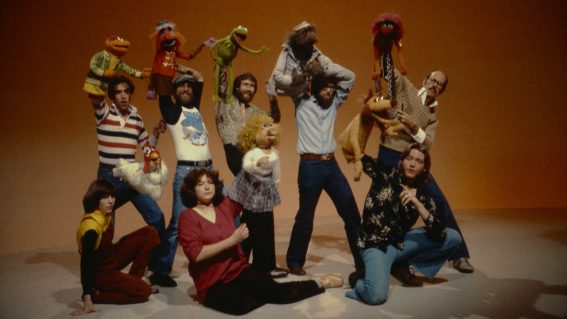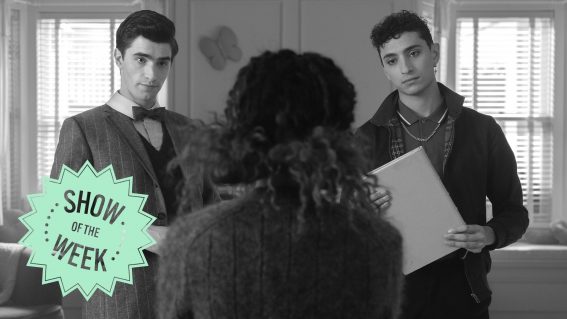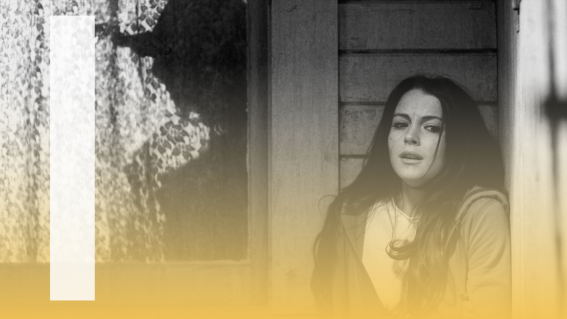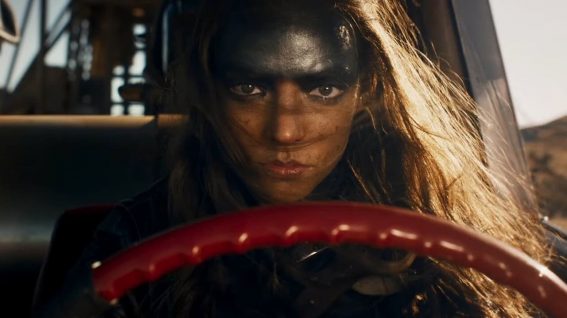Q&A with producer/director Paora Joseph – ‘Tatarakihi – the Children of Parihaka’
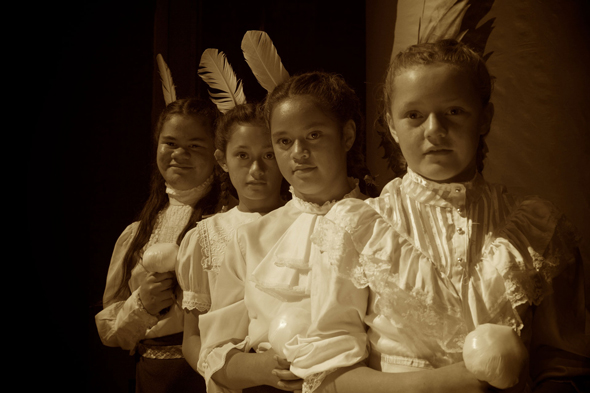
During the New Zealand Land Wars, hundreds of peaceful Taranaki Maori were arrested by the government and imprisoned without trial in the South Island. In Tatarakihi, their descendants travel to Dunedin in remembrance. The film is showing as part of this year’s NZFF.
Documentarian Paora Joseph kindly answers a number of our questions about the film and what it seeks to accomplish…
FLICKS: Hello from Flicks. How are you doing?
JOSEPH: I am great thanks. I have enjoyed a day out in the sun, meeting friends and having good conversations.
What should people expect from Tatarakihi: The Children of Parihaka?
Anyone who watches Tatarakihi –The Children of Parihaka will embark on a journey that will be both beautifully moving and deeply shocking. Some people have told me that it made them ask “Who am I? Where do I belong?” I hope their hearts will be captured by the children’s courage and they will discover something of our past.
What are you trying to convey with the film?
Firstly, I am telling a story that is a hugely important part of New Zealand history, the story of Parihaka, of Te Whiti o Rongomai and Tohu Kakahi and their followers who stood for peace – Passive Resistors in a time of bloody warring.
Secondly, I am trying to convey the incredible power that comes from remembering – the mana, honour, courage and ultimate healing that comes from looking back into our past as individuals, as a culture and as a nation. I believe it is the past that informs us about who we are and how and where we belong as a people.
In Maori, we have a famous proverb: “we turn and face the past and walk into the future.” We are the past and we are the future. As we watch the children courageously travelling the path of their Parihaka ancestors we witness the undeniable richness they gather and hold from their experiences and inevitably ask the question “How do I choose to remember the past?”
In Maori, we have a famous proverb: “we turn and face the past and walk into the future.”
Could you share your strongest memory from filming?
I remember thinking as I filmed the children walking across the deserted grounds of Ripapa prison, that these beautiful kids not only carry the positive legacy of Parihaka, of peace and Passive Resistance but they also carry the shameful legacy of the state and government. This was so powerful I could not see the viewfinder of the camera through my own tears.
What first drew you to make a film about Parihaka children tracing the journey of their ancestors?
I believed that the telling of the Parihaka story would instill hope, not only for the descendants of Parihaka but for the world, for all humanity.
What thoughts about Aotearoa came to mind on the hikoi?
I thought many things on this journey but what comes to mind most strongly is that “We are so rich as a nation. We have a rich history. We have rich relationships. We have so much potential. We could have a richer understanding of one another – it is up to us to want to understand.”
If you could make a film about anyone living or dead who would it be?
It would be about Te Whiti o Rongomai and Tohu Kakahi – and I just have.
What was the last great film you saw?
Rodriguez – Searching for Sugar Man.
What’s the best piece of advice you’ve ever been given?
That reality is only a reflection of the mind.
What are you thinking about doing next?
A dramatic historical feature based in Aotearoa and a documentary involving current social issues.

